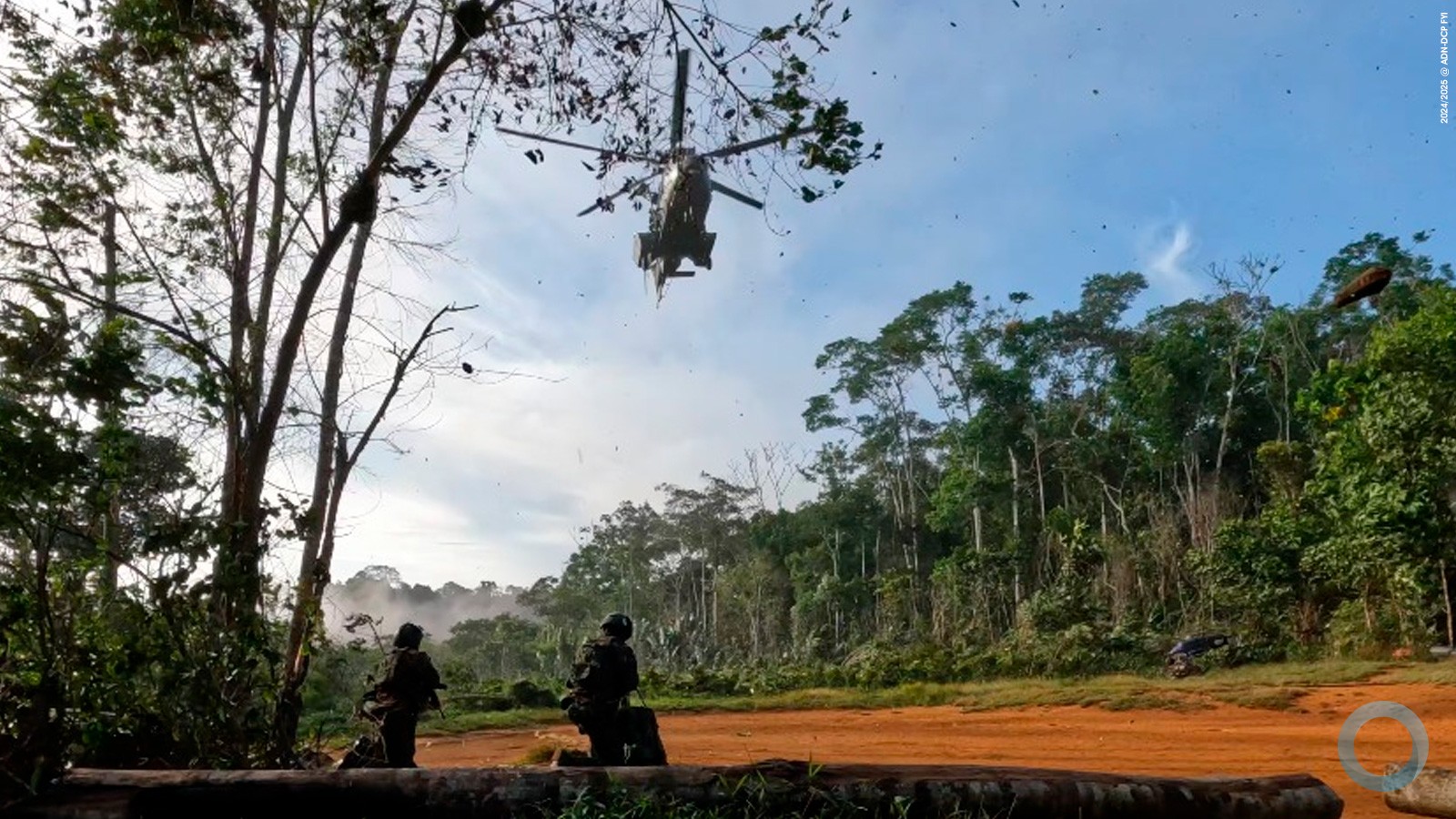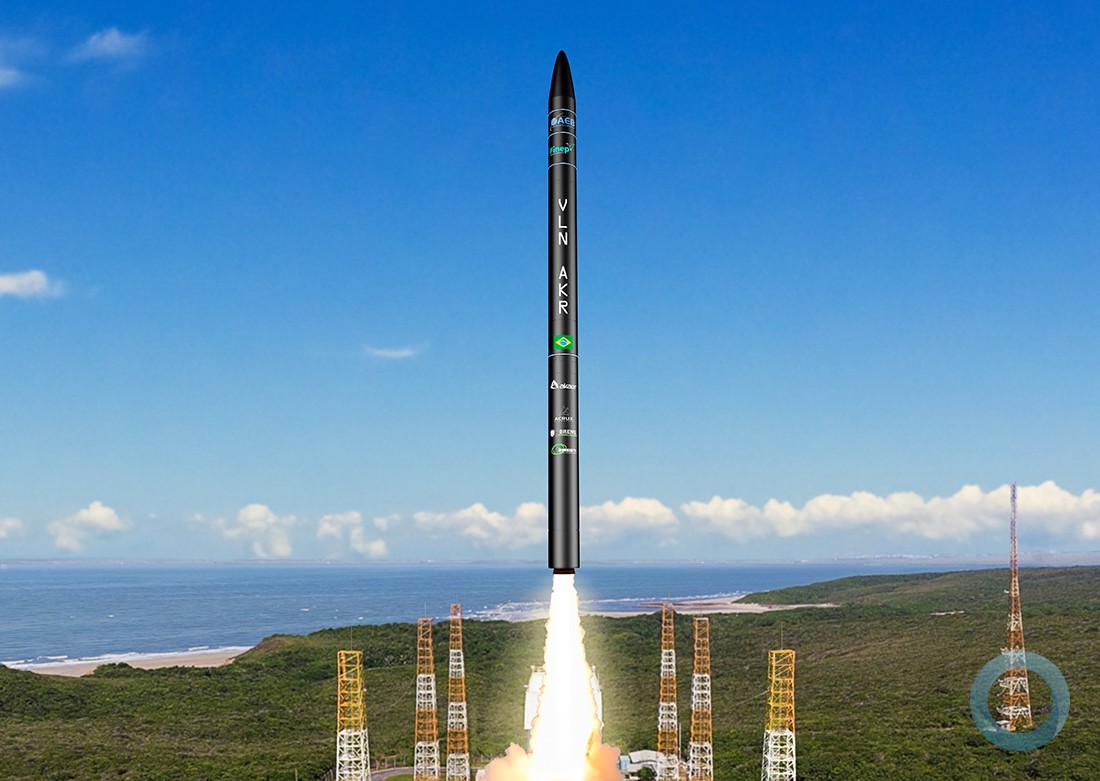Note DefesaNet
Text in Portuguese
Coup d´Presse – O esforço militar do Brasil está falhando em salvar a Amazônia Link
THe Editor
BY TERRENCE MCCOY
AND HELOÍSA TRAIANO
Washington Post
Rio de janeiro — After months of planning, everything was ready. The investigators had their targets, their schedule and their plan: fly to 49 of the illicit gold mines that were poisoning the Amazon rainforest, destroy the equipment and shut the operations down.
The most important thing, the environmental investigators stressed before that August mission in Pará state, was discretion. The illegal miners, who had carved a path of environmental destruction across Brazil’s Indigenous lands, could not be tipped off.
But members of the Brazilian military, now in control of the fight against environmental crime, fueled their helicopters too early, at an airport too close to the mines. News of the operation quickly leaked. A story hit the press.
The miners vanished into the forest. Then commanders blocked the takeoff of several helicopters, further undercutting what environmental authorities had hoped would be a historic rout.
The unraveling of the mission, reconstructed through court documents, illustrates many of the themes that have come to characterize Brazil’s militarized effort to end the escalating environmental destruction of the Amazon forest: disorganization, inexperience and allegations of political bias, ending in a failure to get the job done.
Now, with Brazil consumed by the coronavirus, the Amazon is inching closer to what scientists warn is a tipping point, when large swaths of rainforest will transform into arid savanna.
As rates of deforestation have risen under President Jair Bolsonaro, the right-wing populist has turned away from the environmental agencies that helped bring those rates to historic lows a decade ago. Instead, Bolsonaro, a former army captain who advocates opening up the Amazon for business, has empowered and dispatched the military.
Thousands of soldiers have been tasked with new environmental duties. Vice President Hamilton Mourão, a retired general, is leading the effort. Its name: “Operation Green Brazil.”
But more than a year into the mission, environmentalists, investigators and former government officials are increasingly skeptical, not only because of its
limited success but also for the lack of clear objectives and timelines.
The operation, unveiled during 2019’s devastating forest fires, was intended as a temporary response to an exceptional challenge. But Bolsonaro has extended it into 2021, and an internal planning document obtained by The Washington Post indicates that the armed forces could continue in the new role through 2022.
The military “hasn’t solved — and will not solve — the problem,” said Suely Araújo, who directed IBAMA, Brazil’s environmental protection agency, between 2016 and 2018.
“Environmental investigations have their own logic,” she said. “It’s like sending an air force pilot to drive a navy vessel. It’s much more sophisticated than sending a bunch of men into the field.”
Neither the office of the vice president nor the Environment Ministry responded to requests for comment.
The number of fires in the Amazon in 2020 exceeded the total from the previous year, when the smoldering rainforest dominated news for weeks and inspired global calls for emergency action. The rate of deforestation maintained its grim ascent, rising nearly 10 percent to heights unseen in a decade. Between August 2019 and July 2020, the Amazon lost two Delawares’ worth of forest.
But Bolsonaro — who oscillates between minimizing the problem and denying it altogether — has repeatedly sought to divert attention from the environmental
threat.
“The forest isn’t burning,” Bolsonaro said in July. “It’s always a bad-faith campaign against Brazil, and it has to do with the economy.
Brazil is an agricultural giant. Our agricultural industry hasn’t stopped with the pandemic.”
“There aren’t any fires, nor is there one bit of deforestation,” he added in August. “It’s a lie.”
The government’s unpublished plan to address the Amazon’s challenges, obtained by The Post, begins not with an accounting of the ongoing environmental destruction but with a meditation on powerful countries coveting Brazil’s natural resources. The authors predict a global crisis over fresh water and note that the Amazon has one of the world’s deepest reserves.
“The survival of the hegemonic power of countries like England, France, Germany and the United States depends on access to a vast international frontier of strategic natural resources,” the authors write.
“The entrance of China . . . illustrates a new global reality, in which regions rich in strategic natural resources will be targeted by the Chinese government.”
“What would be the best strategy for Brazil? Ensure its sovereignty.”
To critics, the reorientation of Brazil’s priorities in the Amazon from deforestation to territorial defense underscores the “militarization of the Amazon” and elevates unwarranted suspicions of foreign interest in the forest.
“There is a reading inside the government that the Amazon will be invaded at any moment and will be taken from Brazil,” said Marcio Astrini, executive secretary of Climate Observatory, an advocacy network.
“These are conspiracy theories, as if the world had come together to take away the Amazon from Brazil just because Bolsonaro was elected.”
Fears that powerful countries will snatch the Amazon away have long run deep here. Misinformation is frequently circulated. One rumor claimed falsely that former vice president Al Gore said, “Contrary to what Brazilians think, the Amazon is not their property, it belongs to all of us.” Another alleged falsely that American textbooks had labeled the forest “international territory.”
Those worries were magnified defense underscores the “militarization of the Amazon” and elevates unwarranted suspicions of foreign interest in the forest.
“There is a reading inside the government that the Amazon will be invaded at any moment and will be taken from Brazil,” said Marcio Astrini, executive secretary of Climate Observatory, an advocacy network.
“These are conspiracy theories, as if the world had come together to take away the Amazon from Brazil just because Bolsonaro was elected.”
Fears that powerful countries will snatch the Amazon away have long run deep here. Misinformation is frequently circulated. One rumor claimed falsely that former vice president Al Gore said, “Contrary to what Brazilians think, the Amazon is not their property, it belongs to all of us.” Another alleged falsely that American textbooks had labeled the forest “internationalterritory.”
Those worries were magnified in 2019 when French President Emmanuel Macron, lamenting the wildfires, said, “Our house is burning.”
“Historically, the Amazon has always been coveted, particularly by the Europeans,” said Gen. Humberto Madeira, a longtime officer in the Amazon.
“What heightens our questions about their ambition is the rise in conversations lately among Europeancountries — even the United States — presenting solutions that would interfere in our sovereignty,”
he said. He called suggestions that the military is not up to the job of stopping deforestation an “insult” peddled by unpatriotic “leftists.” The military has long
worked to combat environmental crime, he said.
But this time, current and former IBAMA officials say, the effort has been complicated by a fundamental shift. The military is no longer assisting agencies that specialize in environmental law defense forcement; it’s now directing the operations.
“The decisions of where to target, how to do it and in what form were made by the environmental intelligence agencies, and the military was in support,” said Beth Uema, executive director of an organization that represents environmental agents. “But that hasinverted, and today, basically, the environmental agencies ride along in military trailers withoutany type of important planning role.”
The lack of experience has led to several embarrassments. In Mato Grosso state in May, the military sent nearly 100 agents two helicopters and dozens of vehicles to a single target — and came up empty-handed. In Pará in July, commanders called off anoperation already underway, stranding dozens of IBAMAagents at a hotel. Several times, troops have blundered into stealth missions with loud, heavy machinery.
“We chose to hit an illegal logging site,” said one IBAMA agent in Pará who spoke on the condition of anonymity for fear of retribution.
“Days before the team was to arrive . . . the military flew a helicopter overhead.”
When the team reached the site, everyone was gone. All that remained were giant logs haphazardly littering the streets.
“We could neither identify the authors of the crime nor who was getting the wood,” the IBAMA agent said. “It was very ineffective work.”


The armed forces, in a statement reported by the news outlet UOL, conceded that they “don’t have experience in environmental investigations.”
But another IBAMA agent, who also spoke on the condition of anonymity, said the problem goes beyond a lack of experience. There is growing animosity and bitterness between agencies, he said.
Each side thinks the other is putting politics over the mission.
Meanwhile, tracts of the forest are being wiped away.
“They call us watermelons,” the agent said. “Green on the outside, red in the middle. They think we’re communists.”
“There is today a sense of oppression in this career that has never happened before.”





























